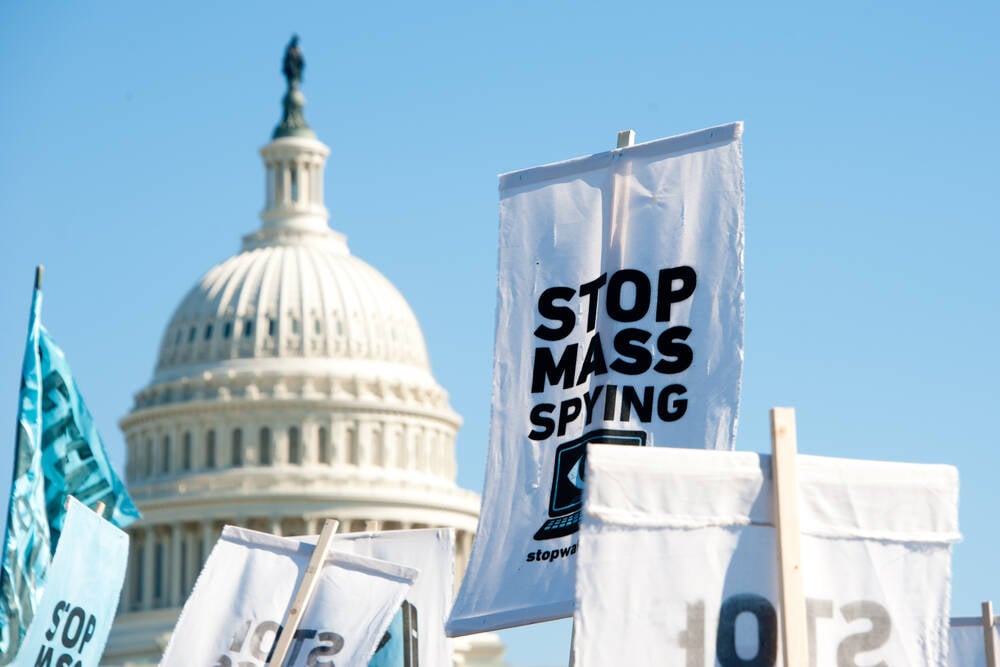
April 22, 2024 at 05:17PM
US lawmakers reauthorized the controversial warrantless surveillance tool, Section 702 of the Foreign Intelligence Surveillance Act, for two more years. The legislation gives expanded surveillance powers to US intelligence agencies, allowing them to compel a range of individuals and organizations to spy for national security purposes. Privacy and civil liberties advocates expressed disappointment and pledged to continue pushing for surveillance reforms.
From the meeting notes, here are the key takeaways:
– US lawmakers reauthorized Section 702 of the Foreign Intelligence Surveillance Act (FISA) for two years, expanding the list of individuals and organizations subject to surveillance.
– The Senate approved the Reforming Intelligence and Securing America Act, swiftly signed into law by President Biden.
– Several proposed amendments to limit warrantless surveillance and define electronic communications service providers more narrowly were rejected by the Senate.
– Senator Ron Wyden criticized the legislation, arguing that it would compel a wide range of companies and individuals to spy for the government.
– FISA Section 702 permits surveillance on the communications of select foreigners outside America, but also allows for warrantless surveillance of “US persons” without obtaining a warrant.
– Concerns have been raised about the potential abuse of warrantless surveillance by the FBI, while the agency and the Biden administration have defended its importance for national security.
– US Attorney General Merrick Garland described the reauthorization of Section 702 as indispensable to the Justice Department’s efforts to protect the country from various threats.
– Digital privacy and civil liberties advocates expressed disappointment with the decision to expand surveillance powers and vowed to continue pushing for reforms.
These takeaways capture the main points and implications of the reauthorization of warrantless surveillance under FISA Section 702 as detailed in the meeting notes.